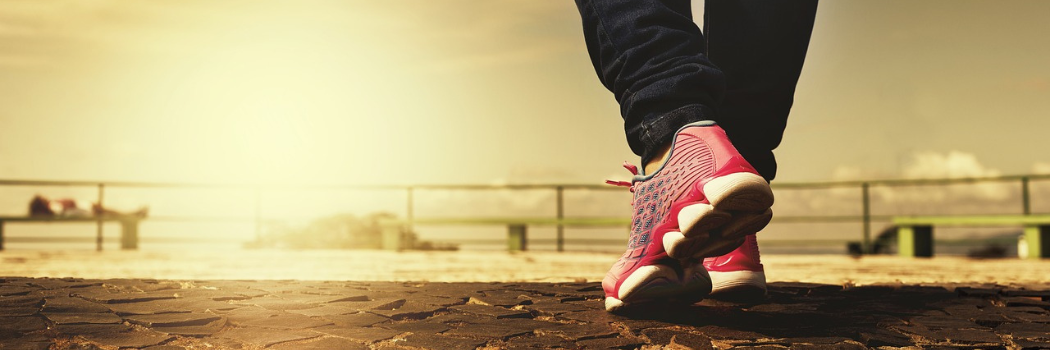Physical activity insecurity is stopping youngsters from getting active, study finds

New research suggests that feelings of discomfort and unsafety are preventing some young people from being physically active.
The study, led by our researchers at Fuse, the Centre for Translational Research in Public Health, explores how 55 young people aged 12 to 21 feel about engaging in physical activity such as sports, exercise and walking in public places.
Rather than focusing on the traditional barriers to getting active, such as a lack of facilities, the researchers instead explore how young people feel about the environments associated with physical activity.
They found that feelings of insecurity, worry and even fear were prevalent among the study group, who were all living in areas of England with high deprivation.
Physical activity insecurity
Some of the young people in the study described their local park as being a place where they experienced harassment and were scared to go after dark.
Places with the potential to be ‘safe spaces’ for physical activity such as gyms, sports clubs and schools, were also viewed negatively by some of the group as places where they felt insecure, unsafe or uncomfortable.
Some of the young people who took part in the study were from the LGBTQ+ community.
Many reported fears of being bullied, feeling out of place, and feeling uncomfortable about the traditional gendered teams, changing rooms and sports as reasons why they avoided participating in physical activity.
The findings led the researchers to coin the term ‘physical activity insecurity’ to describe a limited ability to be active, reinforced by worries and experiences of feeling uncomfortable and unsafe.
Removing barriers
The researchers say young people need to be listened to when policy and practice linked to physical activity is being developed.
This could help remove the complex barriers young people face when it comes to physical activity and encourage them to adopt and maintain healthier lifestyles.
The researchers add that more work is needed to create environments where young people feel confident enough to exercise and play sport.
The study has been published in the journal BMC Public Health.
Read more
- The full study can be read here: Young people's experiences of physical activity insecurity: a qualitative study highlighting intersectional disadvantage in the UK | BMC Public Health (springer.com)
- This research was funded by the National Institute for Health and Care Research (NIHR) School for Public Health Research (SPHR), a partnership between nine leading centres of academic public health research excellence across England, including Fuse.
- The study involved Dr Caroline Dodd-Reynolds, Associate Professor at our Department of Sport and Exercise Sciences and Professor Carolyn Summerbell
- Our Department of Sport and Exercise Sciences is ranked in the top 100 in the QS World University Rankings by Subject 2023. We are an outstanding place for excellence in teaching and research. Feeling inspired? Visit our Sport and Exercise Sciences webpages to learn more about studying with us.


/prod01/prodbucket01/media/durham-university/research-/research-centres/health-at-durham/About-Us-Banner.png)